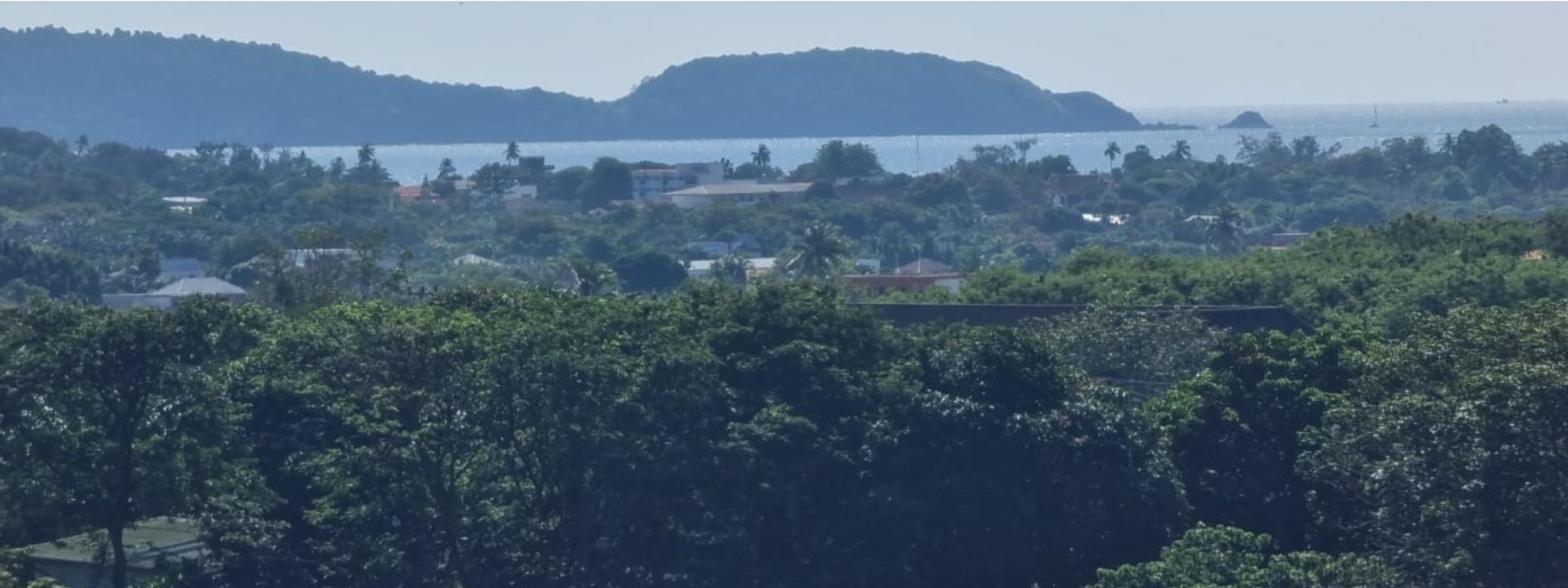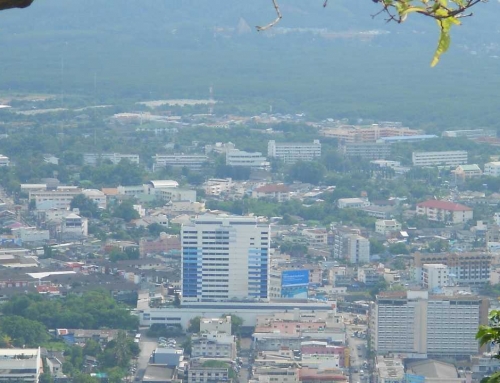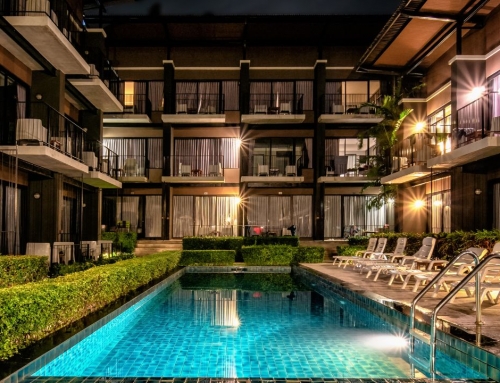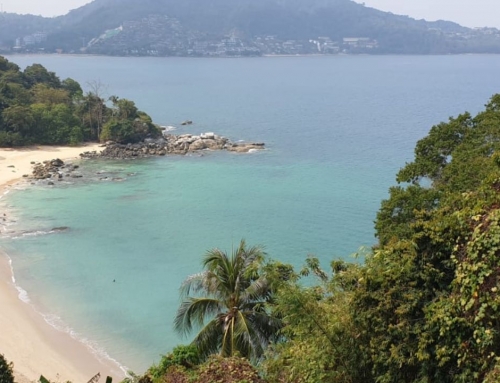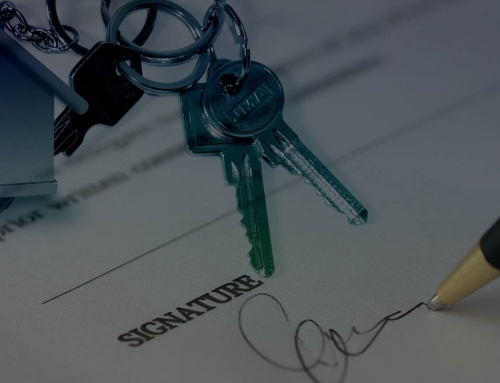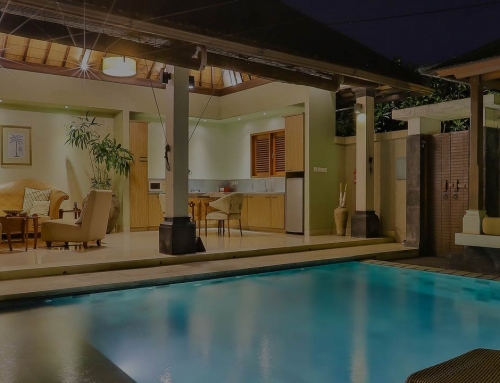By Phuket News Property · August 20, 2021
Updated: November 27, 2025
Phuket’s building and zoning regulations play a significant role in determining what can be constructed in different parts of the island. These rules influence the height of buildings, density, permitted land use and the suitability of individual plots for villas, condominiums or mixed developments. Because zoning rules have evolved over the years, buyers and investors should understand the general framework and confirm the status of any land with qualified legal counsel before proceeding.
Understanding Phuket’s zoning framework
Phuket uses a combination of national environmental regulations, provincial zoning maps and specific ministerial notifications to control land use. These rules divide the island into zones that determine whether land may be used for residential, commercial, resort or conservation purposes.
Some areas, including parts of the coastline, mangroves, hillsides and forest reserves, have additional layers of rules designed to protect the environment. These areas may restrict building size, height or density, and some do not allow construction at all. Zoning colours on official maps provide a general guide, but legal verification is always required before any purchase or development plan.
Altitude rules and the 80 metre question
For many years, Phuket followed the 2017 environmental protection regulations which restricted construction above 80 metres above sea level. This rule has since changed. A notification from the Ministry of Natural Resources and Environment published in December 2024 introduced new altitude guidelines for land between 80 and 140 metres above sea level.
Under the current framework, construction is still prohibited in some high elevation zones, but limited development is possible between 80 and 140 metres if strict conditions are met. These conditions include low building height, small building footprint and significant portions of the land remaining as open and sustainable green areas. Importantly, construction in these zones is permitted only where the land was legally owned or possessed prior to the introduction of the 2017 regulations.
In practical terms, very few developments meet these requirements, and buyers should exercise caution when considering hillside land close to or above the 80 metre mark.
Slope and gradient restrictions
Phuket also applies restrictions based on land gradient to reduce the risks associated with hillside construction. Current regulations generally prohibit building on land with a slope steeper than 35 percent. Land with slopes between approximately 20 and 35 percent may be eligible for construction, but only with strict limits on building size, height, density and the proportion of open space.
These rules are intended to protect natural drainage patterns, prevent erosion and reduce the risk of landslides. Buyers should request a formal slope assessment and confirm that any proposed construction complies with current regulations before making a commitment.
Coastal setbacks and shoreline protections
Coastal areas in Phuket are subject to additional controls designed to protect the shoreline environment. Setback requirements apply to land close to the beach, and building height is often restricted to preserve natural sightlines.
Different authorities may issue guidelines or approvals depending on the location, and some coastal areas fall under special environmental zones or marine protection rules. Buyers should ensure that any coastal land has the appropriate permissions and that setbacks have been accurately measured and applied.
Permits, EIA requirements and building approvals
Larger developments and those located in environmentally sensitive areas may require Environmental Impact Assessment approval. For smaller projects, standard building permits and land office documentation still apply. All approvals should be checked for accuracy, validity and consistency with the zoning status of the land.
A common issue arises when land is subdivided or sold with the expectation of future construction, even though the zoning rules only allow limited or low-density development. Buyers should confirm that the intended use of the land is actually permissible.
Why these rules matter for property buyers
Zoning and environmental regulations can significantly affect the long term value and usability of a property. A plot that appears attractive may have restrictions that limit construction or require costly engineering solutions. In some cases, the land may not be buildable at all.
Because rules have changed over time, buyers may encounter outdated information or assumptions based on previous regulations. Confirming the current zoning status and building rights is one of the most important steps in the due diligence process.
Practical steps for buyers in 2025
Buyers considering land or hillside property in Phuket should take several precautionary steps:
-
verify the zoning colour and classification with a qualified Thai lawyer
-
confirm altitude and slope measurements through professional surveys
-
review any existing building permits, land office records or EIA approvals
-
ensure the intended construction complies with current regulations
-
request written confirmation of any restrictions or limitations
These steps help ensure clarity before committing to a purchase and reduce the risk of delays or complications during the development process.

